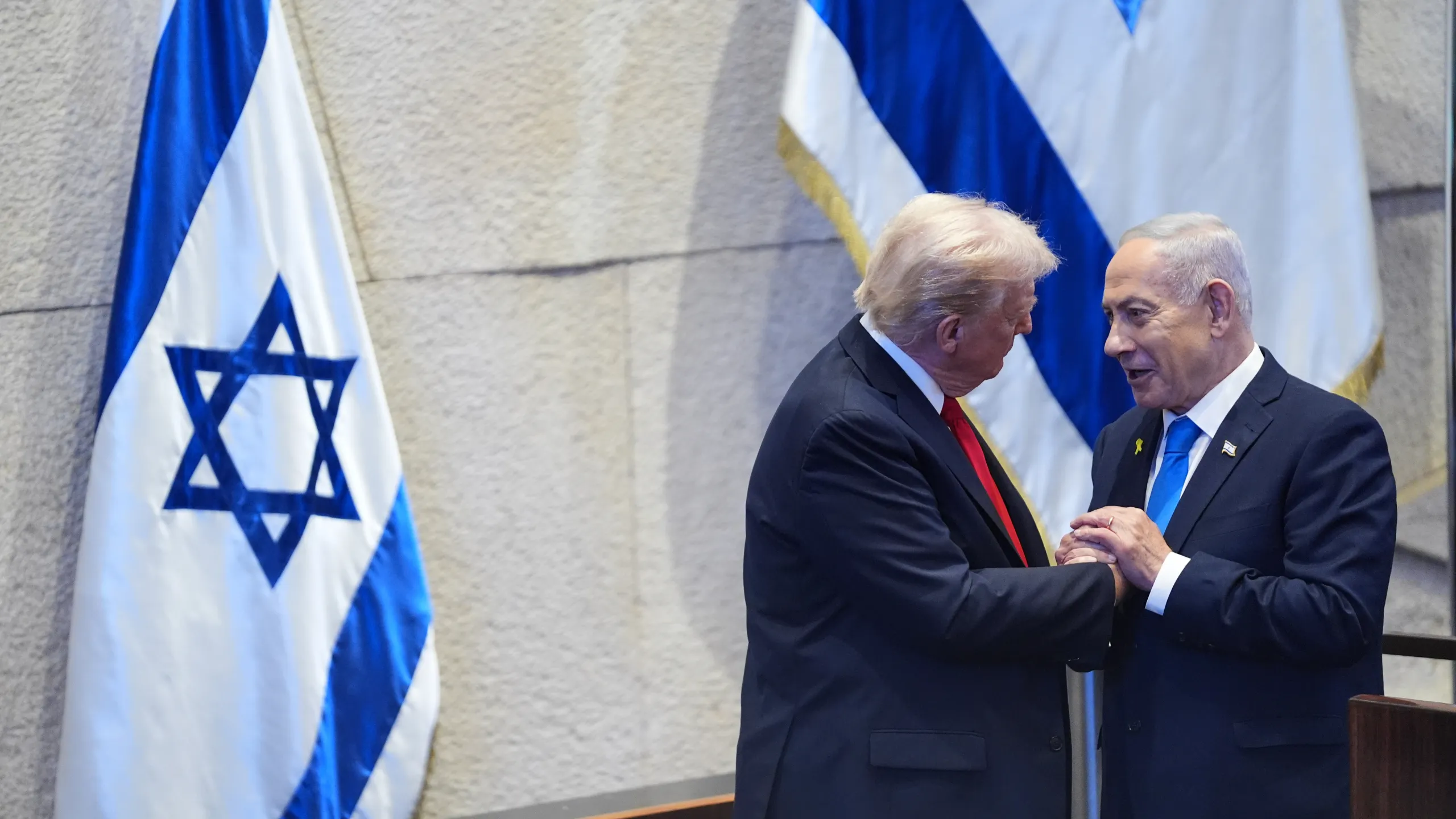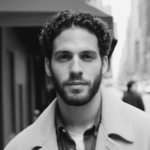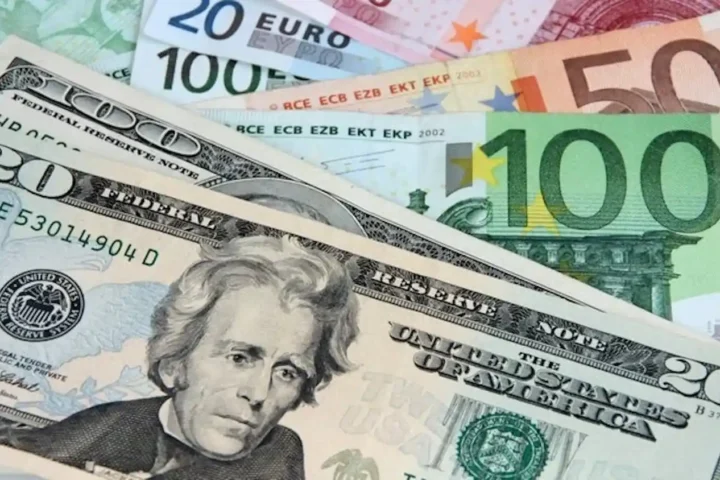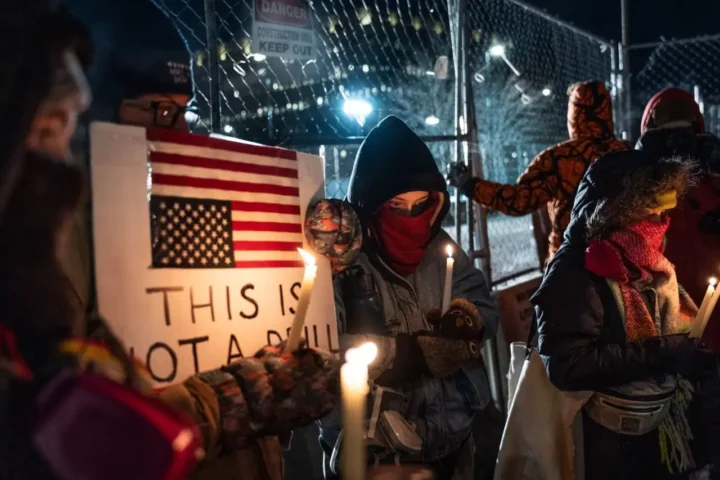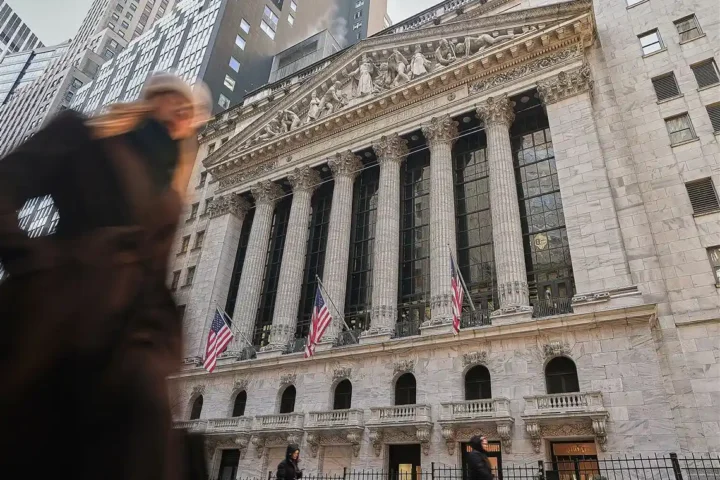In a moment thick with symbolism and political theater, U.S. President Donald Trump stood before Israel’s Knesset on Monday and proclaimed what he called “the historic dawn of the new Middle East.” His speech came just hours after the release of the last 20 Israeli hostages from Gaza — a dramatic conclusion to a U.S.-brokered ceasefire that has effectively ended two years of devastating conflict.
“This marks not only the end of war, but the end of an age of terror and death,” Trump declared, “and the beginning of an age of faith and hope and of God.”
The former president, who returned to office earlier this year, was greeted by thunderous applause and chants of his name as he sought to cast himself as the architect of a new regional order — one forged in the aftermath of unprecedented violence and destruction.
A Triumphant Address
Addressing lawmakers from across Israel’s political spectrum, Trump urged the country to “look past the war” and turn its military success into lasting peace. “You’ve won,” he said emphatically. “Now it is time to translate these victories on the battlefield into the ultimate prize of peace and prosperity for the entire Middle East.”
He praised Prime Minister Benjamin Netanyahu for what he described as “the courage to say that’s it, we’ve won,” adding, “Let’s rebuild Israel and make it stronger, bigger, and better than ever before.”
Throughout his hour-long address, Trump alternated between solemn reflection and characteristic bravado. He hailed the ceasefire deal as “brilliantly timed,” crediting himself for persuading Netanyahu to accept it. “You’re going to be remembered for this far more than if you kept this thing going, going, going — kill, kill, kill,” he said, recounting a private conversation between the two leaders.
Though Netanyahu has not formally declared an end to the war, Trump has repeatedly insisted that “the war is over.” To a packed Knesset chamber, he proclaimed, “The world is loving Israel again.”
Turning Toward Peace
Trump used the occasion to extend an olive branch to Israel’s adversaries — even to Iran, whose nuclear facilities he bombed earlier this year during the brief but intense Israel-Iran conflict. “The hand of friendship and cooperation is always open,” he said. “We merely want to live in peace.”
In remarks that startled many observers, Trump mused aloud about a potential peace deal between Iran and Israel. “Wouldn’t it be nice?” he asked Netanyahu. “I think they’re tired. The last thing they want to do is start digging holes in mountains that just got blown up.”
He also promised U.S. support for rebuilding Gaza, urging Palestinians to “turn forever from the path of terror and violence.” The focus now, he said, must be on “building their people up instead of trying to tear Israel down.”
A Hero’s Welcome
Trump’s whirlwind visit to Israel — his first since returning to the White House — coincided with the release of the final hostages taken by Hamas during its October 2023 massacre. The attack, launched on Simchat Torah, killed 1,200 Israelis and left 251 abducted. Their release under Trump’s ceasefire plan marks a turning point in the conflict and a potential reconfiguration of the region’s alliances.
In the Knesset, Trump met with families of freed hostages and survivors of captivity. “I’ve looked into their eyes,” he said. “I’ve seen the worst nightmares of their suffering — and the beautiful love of a people who refuse to be broken.”
The Knesset erupted in applause as Trump proclaimed, “Now, not only for Israel but also for Palestinians and many others, the long and painful nightmare is finally over. The dawn breaks on a region transformed.”
Regional Summit and Broader Vision
Trump is now heading to Egypt for an international summit in Sharm el-Sheikh, where he is expected to present what aides describe as a “Middle East Marshall Plan.” The initiative seeks to link Arab and Israeli economies in a framework of trade and reconstruction, echoing his earlier Abraham Accords.
“The Middle East is finally ready to embrace its extraordinary potential,” Trump said. “Extremism, jihadism, and antisemitism have been a disaster. The nations that made peace are now among the most successful in the region.”
He promised that all signatories of the Abraham Accords had remained committed throughout the war, adding pointedly, “They stayed because of loyalty — and because it was good business.”
Netanyahu’s Endorsement and Political Undertones
Prime Minister Netanyahu, visibly moved, called Trump “the greatest friend Israel has ever had in the White House” and formally endorsed his peace plan. “Mr. President, you are committed to this peace. I am committed to this peace,” he said. “Together, we will achieve this peace.”
But Trump’s address was not without controversy. In an unscripted moment, he called on Israel’s President Isaac Herzog to pardon Netanyahu, who remains on trial for corruption. “Who cares about cigars and champagne?” Trump quipped, referring to the charges. The remark drew laughter and applause from some lawmakers — and sharp criticism from others.
Praise Across the Aisle — and Protest
Even opposition leader Yair Lapid offered measured praise, thanking Trump for “saving millions from the horrors of war.” Lapid urged him to build on his earlier success with the Abraham Accords: “You can be the one to bring the next wave of peace. The people of Israel are ready.”
Lapid gets a standing ovation (including from Bibi) when he declares in Knesset that “when you stand with Israel, you stand on the side of justice.” pic.twitter.com/q4P1Tmwqgl
— Sam Sokol (@SamuelSokol) October 13, 2025
Knesset Speaker Amir Ohana went further, calling Trump “a colossus who will be enshrined in the pantheon of history,” likening him to Cyrus the Great — the ancient Persian king who allowed Jews to return from exile.
Not everyone joined the celebration. Arab lawmakers Ayman Odeh and Ofer Cassif were ejected from the chamber after holding up signs demanding recognition of a Palestinian state. Trump paused only briefly to remark, “That was very efficient,” before resuming his speech.
‘A Miracle of Survival’
Trump closed his remarks with a sweeping vision of reconciliation stretching from Jerusalem to Tehran, and from Tel Aviv to Dubai. “We are going to have hope, harmony, opportunity, and happiness here in the spiritual and geographic center of the entire world,” he said. “Israel, America, and all of the nations of the Middle East will soon be safer, stronger, and more prosperous than ever before.”
Drawing on the Hebrew scriptures, he invoked the enduring faith of the Jewish people. “The God who once dwelled among His people in this city still calls us to seek peace and pursue it,” he said. “You are safer today, stronger today, and more respected today than at any time in history.”
As he departed for Egypt, Trump turned once more to the lawmakers who had risen repeatedly to applaud him: “This has been truly an honor. And I love Israel. I’m with you all the way.”
With the hostages home and the guns silent, Trump’s declaration of a “new dawn” may yet prove prophetic — or premature. For now, it marks an extraordinary political and symbolic moment: a war’s end proclaimed not in the desert, but in the halls of democracy, with the promise — and challenge — of peace ahead.
